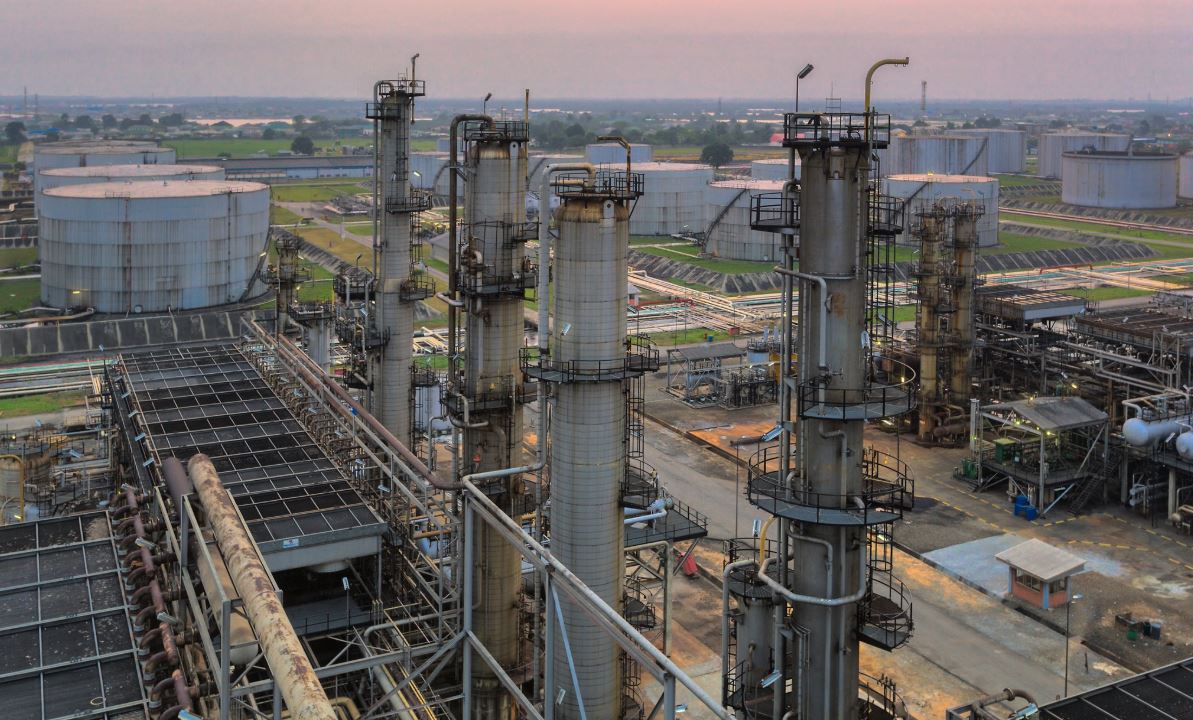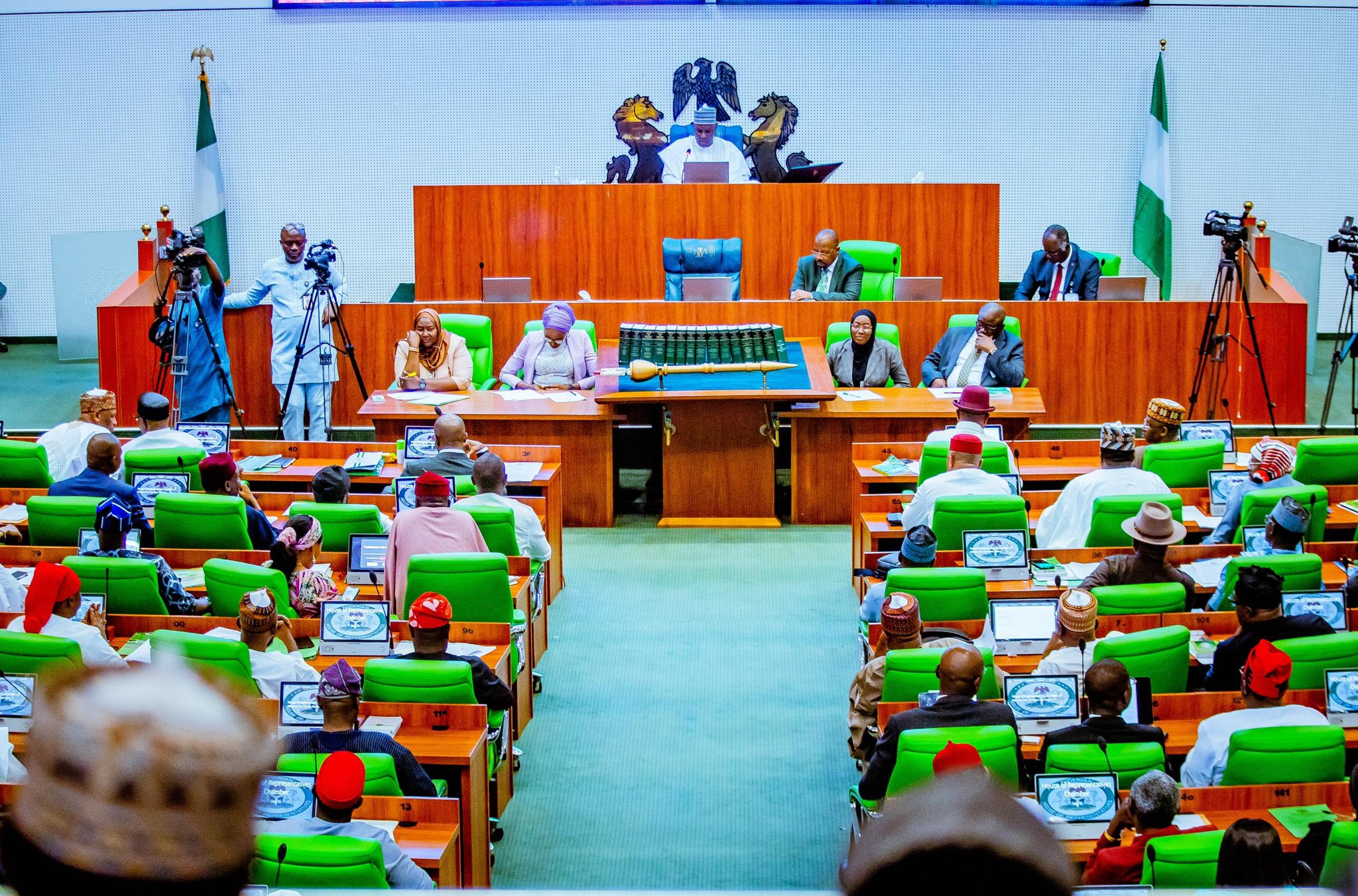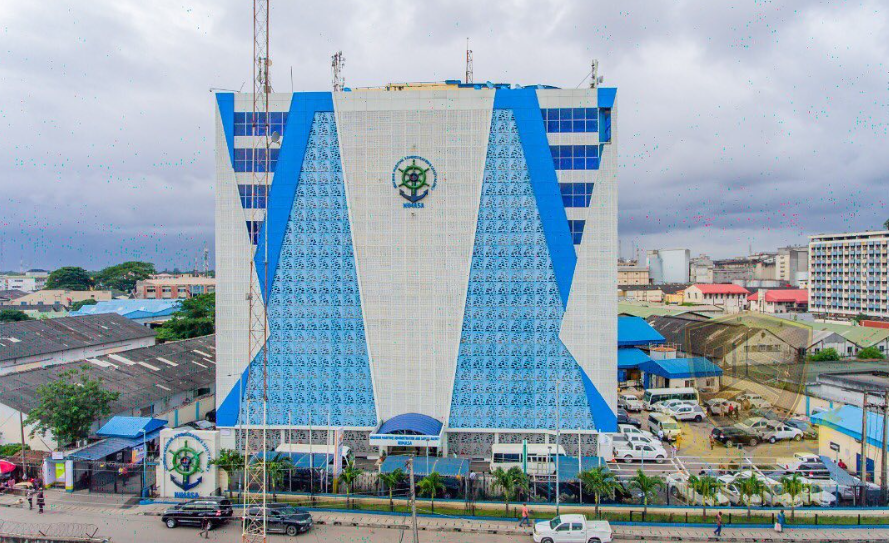Nigeria, a member of the Organisation of Petroleum Exporting Countries, and its allies, known as OPEC+, is unlikely to reach its oil production target in 2024 after years of declining output, Reuters is reporting.
Reuters quoted figures from two of three consultancy firms — IHS, Rystad Energy, and Wood Mackenzie — which the oil cartel tasked with verifying the country’s output ahead of policy decisions.
OPEC+ had delayed its latest meeting due to disagreements over the output quotas of African producers including Nigeria and Angola, sources told Reuters.
According to the report, Nigeria is attempting to get OPEC+ to verify its higher 2024 target at a time when the group is thinking about further reducing output rather than raising it.
Advertisement
In June, OPEC+ cut Nigeria’s output target for 2024 to 1.38 million barrels per day (bpd) — from 1.74 million bpd in 2023, amid failure to meet its production quotas.
The group, however, agreed to give Nigeria a 2024 quota of 1.58 million bpd — pending independent verification that the country is truly capable of producing that much.
Nigeria is looking to boost output by resurrecting dormant oilfields and pushing more production onshore, and is introducing fresh measures to address security threats.
Advertisement
The report said OPEC+ mandated three independent consultancy firms — IHS, Rystad Energy, and Wood Mackenzie — to verify whether Nigeria, as well as Angola and Congo, can reach their targeted 2024 output levels.
They reported their findings at Thursday’s OPEC+ meeting, saying the oil production of 1.5 million bpd can be achieved by the country.
“Figures from two out of the three consultancies indicate that Nigeria’s 2024 crude output is not likely to reach 1.58 million bpd, potentially challenging the country’s push for the higher quota and complicating a wider OPEC+ agreement,” the report reads.
Nigeria currently produces 1.3 million bpd of crude, according to Rystad. This is expected to rise to 1.5 million bpd next year under its base case scenario.
Advertisement
“This is assuming no further major disruptions,” Patricio Valdivieso of Rystad told Reuters.
Another source at one of the three consultancy companies, which declined to be identified, said although they had raised estimates for Nigerian output, they do not expect it to hit 1.58 million bpd next year.






